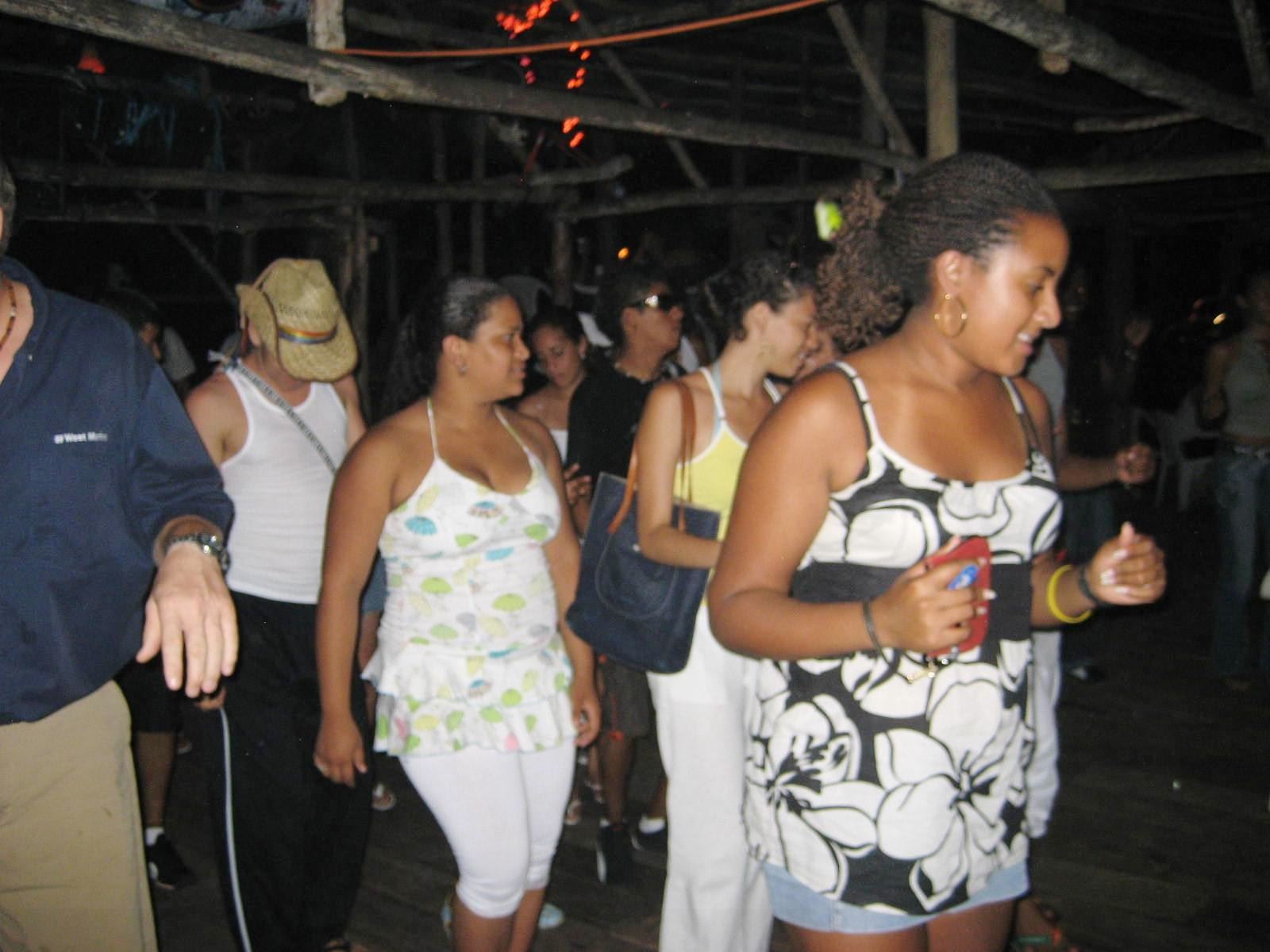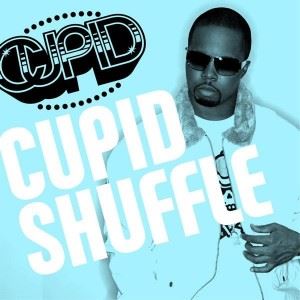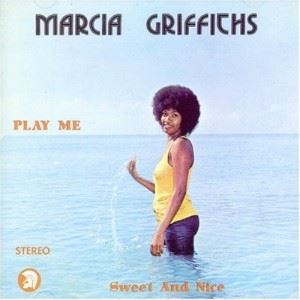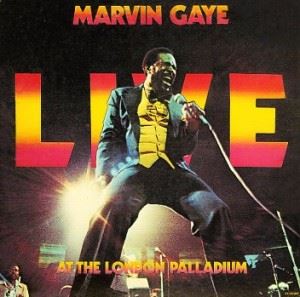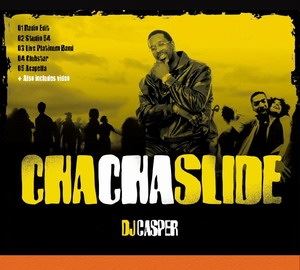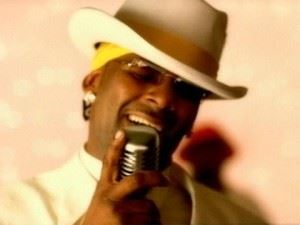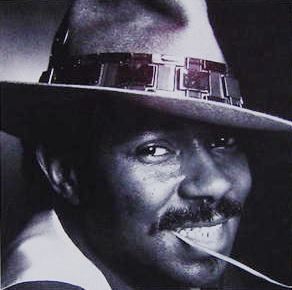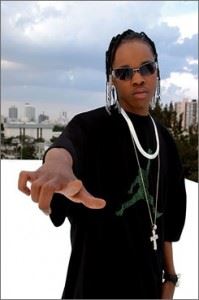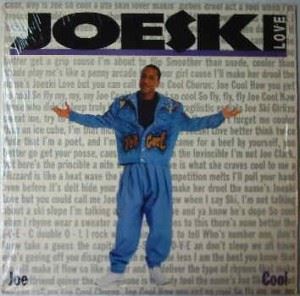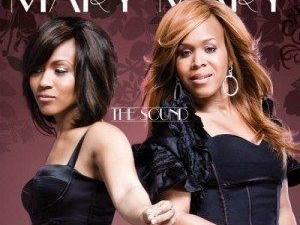Intro: Last week we had our first installment of our “Bridging The Gap” series. This week I’m delving into pretty well charted waters. In fact, in some instances you could say I’m selling out and going strictly commercial. Yes every now and then I descend from my lofty music hipster perch and…ok, who am I kidding, but the point remains that this post is more about my curiosity as to why some of these songs for better or worse won’t go away.
The only real nugget of discovery that I could potentially be offering up this week is the long held opinion that I have regarding the fact that every generation has a few entertainers whose sole mission is to make music that appeals to the widest possible audience. [Sidebar: I think that particular phenomenon has increased exponentially in the last decade due to a couple of factors, but I digress…that’s an entirely separate blog post.] This mission is accomplished through association with any type of pop culture be it an A-List actress or a Saturday morning cartoon type character.
This week’s topic: Get Your Groove On
Cupid Shuffle-Cupid/Electric Boogie-Marcia Griffiths
The Message
Unlike last week, the message is pretty clear with all of these songs…just dance. So you can just copy this message throughout the post.
The Music
Steady rhythmically and just as steady(and simplistic but isn’t that the point?)these songs comprise 2/3rds of what I deem the “If all else fails…put one of these songs on and someone even if it is Uncle Junie is sure to dance” triumvirate along with The Cha Cha Slide which we will profile later. What is key to most wide appeal dance songs like these is that it is very easy to find the one. It would have to be because in order to know which way to turn or skip, or whatever you do you would have to be able to find one…everytime.
This is achieved through the use of a very simple pattern on the drums with very little syncopation. As in the case of the “Cupid Shuffle” you really couldn’t afford too much of anything getting in the way of the instructions.
“Electric Boogie” has had a long storied history since it’s initial release in 1983. Written by Bunny Wailer and sung by Marcia Griffiths the song has the pedigree of Reggae royalty. There is a very interesting backstory concerning the dance the “Electric Slide” if you are interested in learning more about that and Ric Silver who is the inventor of “The Electric” you can go here http://www.the-electricslidedance.com
That Was Then…
Like many in my generation my first recollection of “Electric Boogie” was the 1989 re-release. Now would be the time for my confessional: I’ve been a wall hugger for many a year, in fact in the days that I would go out to dances I had it down to a science, anyway I must admit as I held the wall in the late eighties-early nineties I thought to myself this “slide” thing will never last. How dare you interrupt my PE fix with this “slide” nonsense. I could not have been more wrong. But I will submit this: In the early ’89 incarnation it really was all the “cool kids” are doing it sorta like Facebook 2004.
The Summer of 1989 was a hot one: Spike Lee’s “Do The Right Thing” PE w/ “Fight The Power” civil unrest at Greek Fest in VA Beach(ok maybe the police contributed a little to the fracas, I digress again…) NWA w/ “Straight Outta Compton” and in the midst of all that young people would take time out to do a line dance? Interesting times. I’m really interested in the why? I don’t harbor as much disdain for the song as I did in my late adolescent years, but I’m really interested in what is the appeal all these decades later? Now I must admit that part of the reason that this song is probably still on my radar screen is because I’m old. So when I’m at the old fogey parties that’s what they play. But even though it’s not a line dance, when was the last time you saw someone doing the twist?
This Is Now…
“New Cupid…” well I guess it’s a little older now. Three years out you could say that it remains to be seen, but what the heck do I know and does it really matter? This music is really about having a good time and even us real serious types like to have a good time. Now you probably won’t catch me doing my “kick” but I enjoy watching others have a good time and for the time being this song is still relevant for a lot of the “cool kids”. I guess?
With a quicker tempo than its 80’s counterpart and plenty of 808 kick drum it definitely has the production stamp of the new millennium so that could account for part of why it remains relevant with the “hip” set. If my memory serves me correctly “Electric Boogie” had much faster burnout rate. Maybe because ’89/’90 was the second time around or maybe because the music was changing drastically at the beginning of the 1990’s. I’m still a little S.O.S on these and I want all of you to help me with the why because I don’t think it is as simple as people like line dances or is it?
Cha Cha Slide-Casper/Got to Give It Up-Marvin Gaye
The Music
I’m pretty sure this is the part in the post where my bias well definitely begin to show. I just wanted to warn you. For the Cha Cha Slide I really had my “This is not going to last a hot five minutes” button primed and ready to go. I believe my initial thought was this is more closely related to the “Jane Fonda Workout” than music but again when I wonder into this territory I realize that you have to have the commercial to appreciate the noncommercial.
Think about it for a minute(now mind you I will say that the scales are definitely tipped in favor of the very commercial these days)but imagine for a moment if everything produced was “Innervisions” caliber. Yeah some might fantasize that would be great but at the same time would you even be able to appreciate genius when genius becomes the norm?
In contrast the appeal of Marvin Gaye’s opus de funk “Got To Give It Up Pt. 1” comes across in a more organic space for me. In other words it beckons you to dance it is not a plea. Now I must admit the beckon is not subtle with the opening ensemble riff, 4 on the floor drums and peek-a-boo bass line ala “Boogie On Reggae Woman”. My position is that Marvin and company created a story that they had to tell and not a dance and song that they wanted to sell.
Again, there’s nothing inherently wrong with having a product to sell, we all need to survive somehow, I think what often gets lost in the shuffle is that (while it should be painfully obvious)a dance song is the hands of a Marvin Gaye is very different than in the hands of Casper even if the end result is the same.
That Was Then…
1977 saw the debut of the groundbreaking mini-series Roots, Songs in the Key of Life won Album of the Year at the Grammys, somehow the Yankees beat the Dodgers with the help of some Reggie guy, the inauguration of Jimmy Carter as President, all of this in the era of the so-called “Sexual Revolution” and the age of “Disco”. Let me please state for the record and I would love to debate this point in some future post but I would like to state for the record that “Got to Give It Up Pt. 1” is not a Disco record. It’s not.
I think that is the huge problem that occurs when you start throwing labels around without intently listening. Sure it has the four to the bar kick drum pattern that is prevalent in Disco and its later offshoots like House music, but “Got to Give It Up Pt. 1” is pure, uncut funk. There are many songs from this era that get lumped into the Disco camp(sort of like guilt by association)but that’s another discussion for another day. At 15 mins. long the optimal way to listen to this song was on 8-track(wait for the click) this was from Marvin’s Live at the London Palladium album which went #1 R&B and #3 Pop that year.
I would like to state that again for the record, the album was “live” and it was so good that it reached the top of the charts when the charts still meant something. In this day and age in the main there probably only a few who could even remotely think about pulling off a live album, let alone it being just that good. But then again we are talking about Marvin Gaye and he was groomed in a totally different era and a totally different way and I don’t even know if there is a large enough body of listeners whose ears are calibrated to enjoy the live sound…yet. Fortunately, I hear that’s changing.
This Is Now…
At the dawn of the 2000’s did you really think there would be another catchall tune that would rival “Electric Boogie”(if you are as cynical as I am sometimes, did you even care?)oh there had been somewhat formidable challengers(Macarena anyone?)but somehow you knew you weren’t going to get away without hearing “You can feel it…”. But then something began changing in late 2000 here’s this other song that is having the same effect.
Now I’m sure that residents of the Chicago area were hip to the “Cha Cha Slide” years before it worked its way around the rest of the country, this was still in the days before instant everything(sometimes I miss those days)where a song, dance or heck even an entire genre would exist regionally and you would literally have to go to the region to get the flavor. I often refer to the “Cha Cha Slide” as House meets Hoedown. It always seem to me to be equal parts “jack your body” and “do-si-do”. But again I put the question forth: Why does this song still remain in the canon where others have disappeared altogether?
Step In The Name of Love-R.Kelly/The Hustle-Van McCoy
The Music
I paired these two songs together because I feel that they both exist in the world of “Sophisticated Soul”. R. Kelly’s 2003 ode to “steppers” everywhere seems to be as grounded in 70’s Soul as Van McCoy which was 70’s Soul. Here again we find the dichotomy between suggesting or beckoning you to dance and commanding you too. Musically they are both sweet incarnations but message “The Hustle” is conveying is that you must do it…the dance. The appeal of these songs are again found in there simplicity. Anyone can hum a few bars of “The Hustle”” and who has not everyone from grandmas to toddlers repeat the R. Kelly mantra “Step, step, side to side…”the purpose here is not social commentary to borrow a line from Chic the purpose is to “Dance, Dance, Dance”.
Unfortunately, Van McCoy could not escape his affiliation with the Disco moniker before his untimely death in 1979. Often, we reduce an artist’s entire body of work to the least common denominator: the hit. Some entertainers really only produce once but Van McCoy had a career that spanned from the late 50’s to the late 70’s and if my history is correct, only a few of those years could be considered Disco years.
That Was Then…
In 1975 somehow Stevie Wonder was still winning Grammys for Album of the Year(how do you do that?), UCLA won its final NCAA championship under John Wooden(He turned 99 this year), Arthur Ashe won at Wimbledon, and Saturday Night Live premiered. The aforementioned Disco scene was just starting to breakthrough to the mainstream(which usually means that something has lost its cool factor)yet in many ways “The Hustle” became almost a defacto anthem of early Disco much to McCoy’s chagrin.
This Is Now…
2003 seems in many ways like a party compared to now. If you thought excess was displayed in the 70’s, 80’s and 90’s, I don’t think anyone was prepared for the unmitigated greed that was in full effect during a large portion of the 2000’s that is…until the bottom fell out. Party over. As for Mr. Kelly I am not going to even venture down the road into his often troubled personal life, there are enough characters devoted to that in cyberspace. I once had a professor in a literature class who gave some of the best advice concerning separating the artist from the art. He said “The art should be judged on its on merit” I agree.
Halle Berry(She’s Fine)-Hurricane Chris/Pee Wee’s Dance-Joeski Love
The Music
Now we have come to the fun part…where I get to play fly in the ointment. I put this final matching together for one reason and that is to prove that even in the so-called “Golden Era” that many wax so poetically about, there were songs that were produced and even had mass appeal that weren’t necessarily designed to be groundbreaking.
Often, what happens over time is that we filter out pieces of the story and paint with a very broadstroke when we discuss certain eras of music. I’m not suggesting that this is done on purpose but what I do understand is that when we look back it is often with nostalgia and in our haste to condemn the new(which I must confess, a lot is left to be desired in certain quarters)we skip over those examples that are of the same cloth. Such is the case with “Pee Wee’s Dance” no false advertising here, it really is what it is…I guess where the provocateur in me reveals itself is when I ask so what truly is the difference between “Halle Berry(She’s Fine)” & “Pee Wee’s Dance”? Discuss.
That Was Then…
1986 sometimes feels a world away. This is a year when call waiting was introduced into widespread residential use, you were a big shot if you had a Commodore 64 or a Apple II GS or (the Mac was sorta out of the question then)to listen to music you either still used the turntable or you had the cassette in your Walkman. MTV still played videos but you weren’t going to catch “Pee Wee’s Dance” on there, at that time there was only one rap group on MTV: Run DMC.
Sometimes I have to pause when I think about that, it took however long to break a black artist on MTV which everyone claims was Michael Jackson (but I could have sworn I saw the “1999” video around the same time I saw “Billie Jean” but anyway) it took from 1983 til the end of the decade to get rap on MTV and at that time it wasn’t regular rotation it was a show: Yo! MTV Raps. So you have a whole generation that has grown up and know nothing of the segregation that was “music television”.
This Is Now…
At the risk of contradicting myself, I’m going to try and not. Here goes…maybe I can only speak for myself but I think that my biggest probably with “Halle Berry(She’s Fine)” is not the intent it’s the delivery. The more I think about where a lot of the criticism emanates from these days, I really believe it has a lot to do with how the message is delivered, not the message. What I have learned is that people really do talk like that, dance like that, or whatever you want to attribute you want to place on someone so who am I to judge?
The only judgement that I can rightfully make is to listen or not, but I need to be able to make that in an intelligent and informed way. What I mean by that last statement is why would I waste time and energy criticizing something that was not intended for my ears in the first place? I’m pretty sure that my dad was not listening one bit when I was in the basement cutting up Joeski Love, if he was I would be surprised. Most of the music that I listened to at that time my dad would have placed under the heading noise.
Sometimes I find myself doing the same thing with my children’s music and then I realize the whole point of why we talk about “Bridging The Gap”, we have to recognize those commonalities that are present in everyone’s development. As much as I love Bach, Debussy, Coltrane, Ellington, Stevie, Donny and on down the line, I did not come out of the womb listening to that. I think that anyone who tries to tell you that they have always had an elevated taste in music is not being honest. It is acquired. I had to develop the maturity to appreciate what I was listening to, that process can be expedited by having someone or some mechanism that helps to guide you through the process. The best way to begin that process is to begin where you are, there’s no right or wrong it’s just where you are and you have to ultimately decide whether you are going to move forward, backwards or left or right. Many never move anywhere because they are paralyzed by the criticism. Riddle me this: Every musical “genius” that you can cite was exposed to some music that was not great, they may have had an affinity for it early on in their development. How did they transcend the lowest common denominator? I don’t have an answer, I’d love to hear from you!
Next Week: I Went to the Club and a Praise Broke Out
Ivan Orr is a multi-instrumentalist, composer, performer, and writer. A native of Charlottesville, Virginia Ivan was involved with the forming and nascent days of The Music Resource Center as its first Program Director. A graduate of Virginia Commonwealth University’s Department of Music, Ivan currently resides in Richmond, VA where he maintains an active performance and production schedule while serving as the Music Editor for Grown Folks Music, a position he has held since 2010.
RELATED POSTS
June 29, 2010
Lenny Kravitz-Bridging The Gap
December 17, 2009
The GFM “Bridging The Gap” Year-End Countdown (Gospel Edition)
September 18, 2010
Bridging The Gap 101-Ella Fitzgerald
January 20, 2011
GFM’s Valentine’s Unanswered Questions Countdown – #19
January 18, 2011

